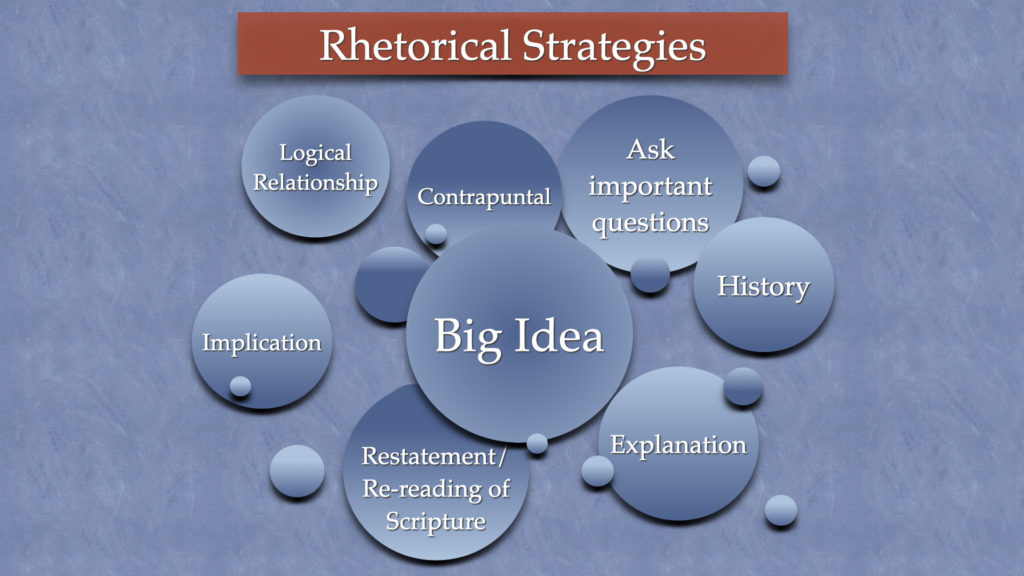
This is the third post aimed at helping us think about adding theological depth to our preaching. The reason why it is important is because most of our exegetical methods do not include this aspect of sermon development.
At this stage of my thinking I am still considering answering the “Why?” question part of theological exegesis (TE). But I usually think of TE as exegeting a text in its broader immediate and canonical context so it functions for the church, part of theological interpretation (TI).
I am toying with terms like, Implicational Exegesis (IE), or Philosophical Exegesis (PE). I’ll take any suggestions.
Another example of this level of exegesis is in Matthew 1:23 “…they shall call his name Immanuel’ (which means, God with us).”
Since Matthew already does the heavy lifting in the word study aspect of exegesis, it’s up to us to ask why the arrival of “God with us” is significant.
Well, I can tell you that the answer to that question is not easy to find in major commentaries. It will take much theological thinking, thus justifying the label of theological exegesis. We’re asking the question, “Where in the Bible do we learn the significance of having
God with us?” and “When we locate such doctrine, what do we learn about what His presence means for His people?”
If we don’t reach that exegetical depth in our sermon, it will be impossible for listeners to connect emotionally with this stated fact. [I am using “connect emotionally” to convey the times when our parishioners feel praise welling up in them because of the reality.]
So, whatever we end up calling it, I find this to be an important, time consuming element of our exegetical practice.
And may our Lord receive glory in the church and in Christ Jesus (Ephesians 3:21) as a result of our efforts to dig a bit deeper into His glorious revelation.
Randal











